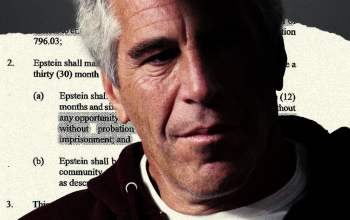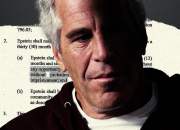President Donald Trump’s plan to deploy the National Guard to Memphis has sparked fierce backlash from local leaders, who warn the move could erode civil liberties, destabilize communities, and set a dangerous precedent for U.S. democracy.
Trump’s Announcement
Earlier this week, Trump announced that Memphis, Tennessee is among the cities where his administration plans to send National Guard troops, citing crime concerns. The deployment, he argued, would restore “law and order” and signal his administration’s tough stance on urban violence.
Local Leaders Push Back
But Memphis Mayor Paul Young (D) quickly rejected the idea, stressing that his office did not request federal troops and that militarized responses will not solve the city’s challenges.
“We need investments in housing, mental health, and job creation, not an occupying force,” Young stated.
Shelby County Mayor Lee Harris echoed those concerns, warning that deploying armed forces within American cities risks undermining freedom and democratic norms.
“When you see military forces occupy cities, those are usually places without protest rights or accountability. That is not America,” Harris said.
A Clash Over Public Safety
The controversy underscores a broader debate about how to address crime in U.S. cities. Trump and his allies emphasize immediate, forceful measures, while local officials argue for long-term solutions such as community policing, mental health support, and poverty reduction.
Mayor Young has repeatedly said that Memphis needs targeted law enforcement resources and community partnerships, not a sweeping military-style presence. He has urged the federal government to instead fund local police recruitment, youth programs, and rehabilitation efforts.
Legal and Civil Rights Concerns
The potential deployment raises questions about the limits of presidential power. Civil rights groups warn that such actions could bypass traditional legal safeguards, including the Posse Comitatus Act, which restricts military involvement in civilian law enforcement.
Critics also fear the deployment would disproportionately impact Black and marginalized communities in Memphis, deepening mistrust between residents and government authorities. Some describe the move as a political stunt rather than a genuine effort to improve safety.
Supporters of Trump’s Plan
Despite opposition from Memphis leaders, Trump’s proposal has backing from Tennessee’s Republican governor and some state lawmakers, who argue the National Guard could provide an immediate deterrent to violent crime. They frame the move as necessary to restore order and protect residents in high-crime areas.
What Comes Next
The standoff now shifts to whether Trump will follow through with the deployment despite local objections. Key questions remain:
-
Will the federal government override city leaders and deploy troops without local consent?
-
How will NATO-style coordination with governors affect the legality of the move?
-
Could Memphis become a test case for similar deployments in other Democratic-led cities?
For now, Memphis leaders remain resolute. Mayor Young insists the city needs resources, not repression, while Mayor Harris warns that embracing military tactics at home risks turning the U.S. away from its democratic principles.
As the nation watches, the fight over Memphis highlights a fundamental question: Will America choose community-driven solutions to crime—or military force in its streets?









